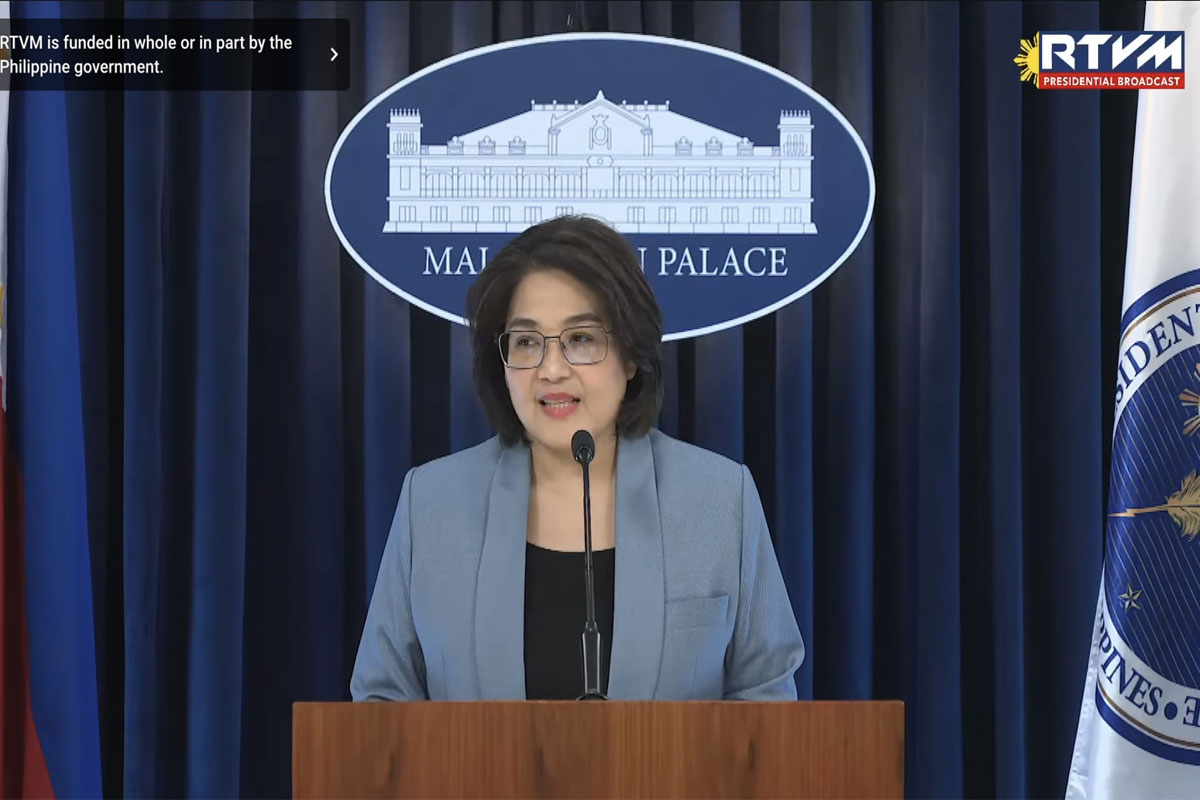
Addressing Mpox and leptospirosis
PRESIDENT Ferdinand R. Marcos Jr. is keeping the Department of Health (DOH) busier lately as the government moves to manage two challenges at the public health front – the increasing cases of leptospirosis and the threat posed by Mpox.
In his usual ‘tutok’ style of management, the Chief Executive recently ordered agencies to continue monitoring areas and people most vulnerable to Mpox.
“Continue surveillance especially on areas and people most vulnerable to the disease,” the President said during his meeting with Health Secretary Teodoro Herbosa and other officials.
Most vulnerable to Mpox, according to Herbosa, are people who are immunocompromised.
The DOH has recorded 10 cases of Mpox since 2023. All patients have recovered.
Herbosa said there is no public emergency with regard to Mpox as he cited the low number of cases and the fatality rate of the disease.
He also noted that the disease is not airborne.
Unlike Covid-19, which is airborne, Mpox may only be transmitted through intimate or skin to skin physical contact with someone who is infected or with contaminated materials.
Mpox or monkey pox is a viral illness caused by the monkeypox virus, according to the World Health Organization (WHO).
The common symptoms of Mpox are skin lesions, which can last two to four weeks accompanied by fever, headache, muscle aches, back pain, low energy, and swollen lymph nodes.
Herbosa assured the President that the DOH is ready to treat and manage Mpox.
As to leptospirosis, the Health Chief has sought the cooperation of Metro Manila local governments to address cases of the disease in the metropolis.
The official said leptospirosis cases are exacerbated by the poor waste management that results in increased rat population — the vector of the disease.
“So, when solid waste management is poor, the rodent population numbers increase. When the rodent population numbers increased, leptospirosis cases will increase,” Secretary Herbosa explained.
“So, if we control the rodents, we should be able to control this as a public health endeavor.”
“Maybe, one of the things I’ll plan to do is actually to go to the MMDA (Metropolitan Manila Development Authority), Metro Manila Council and really talk to them about this problem of lepto because we cannot be keeping doing the same thing and warning and not do something significant,” he added.
The Philippines has high leptospirosis cases along with India. Local cases can be managed through proper waste disposal.
“We should be able to control this. We are a city below sea level so it’s always flooded but if we keep our solid waste management and rodent population low, I shouldn’t be having this upsurge of leptospirosis cases a week after or two weeks after floods,” he noted.
The DOH secretary also highlighted the importance of health literacy and enforcement, noting “it’s very important to educate kids not to swim in flood waters” to avoid contracting diseases.
Also, local officials should start enforcing regulations to make people stay at home during floods, thus preventing them from getting leptospirosis.
The Philippine General Hospital is experiencing a surge of Leptospirosis cases.
The difficult thing about leptospirosis outbreak is that patients need critical care, the official said.
Handling leptospirosis patients requires high-level personnel, dialysis for the disease’s renal effects, and antibiotics.
“So, it’s labor-intensive – meaning nurses, critical care and everything,” he said.
Leptospirosis is an infectious disorder of animals and humans that can easily be transmitted from infected animals through their urine, either directly or through infected soil or water.
Without treatment, leptospirosis in people can lead to kidney damage, meningitis, liver failure, trouble breathing, and even death.
Let’s all be on guard against Mpox and leptospirosis.
**
For comments, please call or text 09569012811 or email [email protected]























